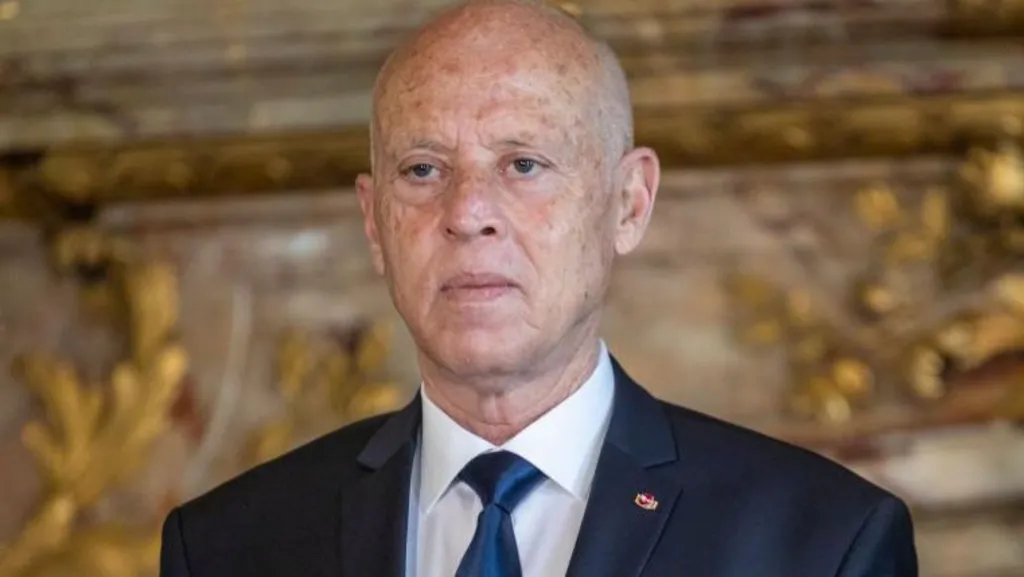By : Lloyd Mahachi
Tunisia’s President Kais Saied is poised to secure a new term in office, with only two opponents on the ballot, one of whom is currently behind bars. The country’s electoral commission approved only two additional names besides Saied, and one, Ayachi Zammel, was sentenced to 12 years in prison for falsifying documents just five days before the poll. This move has sparked widespread criticism, with many viewing it as a strategic maneuver to eliminate opposition.
Tunisia, once hailed as a beacon of democracy in the Arab world, has seen its democratic progress unravel since Saied’s election in 2019. The president has suspended parliament, rewritten the constitution, and concentrated power in his hands. Analysts describe the situation as a “referendum on Kais Saied” rather than a genuinely contested election. This alarming trend has led to concerns about the erosion of democratic institutions and the potential for authoritarian rule.
The country’s largest opposition party, Ennahda, has reported an unprecedented number of arrests among its senior members. Human Rights Watch notes that eight prospective candidates were excluded from the election due to prosecution and imprisonment. Protests have erupted in Tunis, demanding free and fair elections. Demonstrators are calling for an end to Saied’s authoritarian tactics and a return to democratic norms.
Unemployment, at 16%, and migration are pressing issues. The European Union has provided $118 million to Tunisia to combat smuggling and strengthen borders. However, Saied’s populist rhetoric blaming migrants for economic woes has sparked racist attacks and anti-racist protests. Critics argue that his divisive language has created a toxic environment, undermining social cohesion and fueling intolerance.
Saied’s consolidation of power has led to an apathetic mood ahead of the elections. Last year, only 11% of the electorate turned up to vote for new members of parliament. This low turnout reflects widespread disillusionment with the political process. The official results will be announced within three days of the election, but the outcome is hardly in doubt, sparking concerns about the legitimacy of the electoral process.
The international community is closely watching the situation, with many organizations expressing concerns about Tunisia’s democratic backsliding. The United Nations has urged authorities to ensure a fair and transparent electoral process. However, with Saied’s tightening grip on power, hopes for a genuine democratic contest seem increasingly remote.
As Tunisia teeters on the brink of one-man rule, the implications for the region and beyond are significant. The country’s democratic decline may embolden other authoritarian leaders, undermining global efforts to promote democracy and human rights.
Editor : Josephine Mahachi

